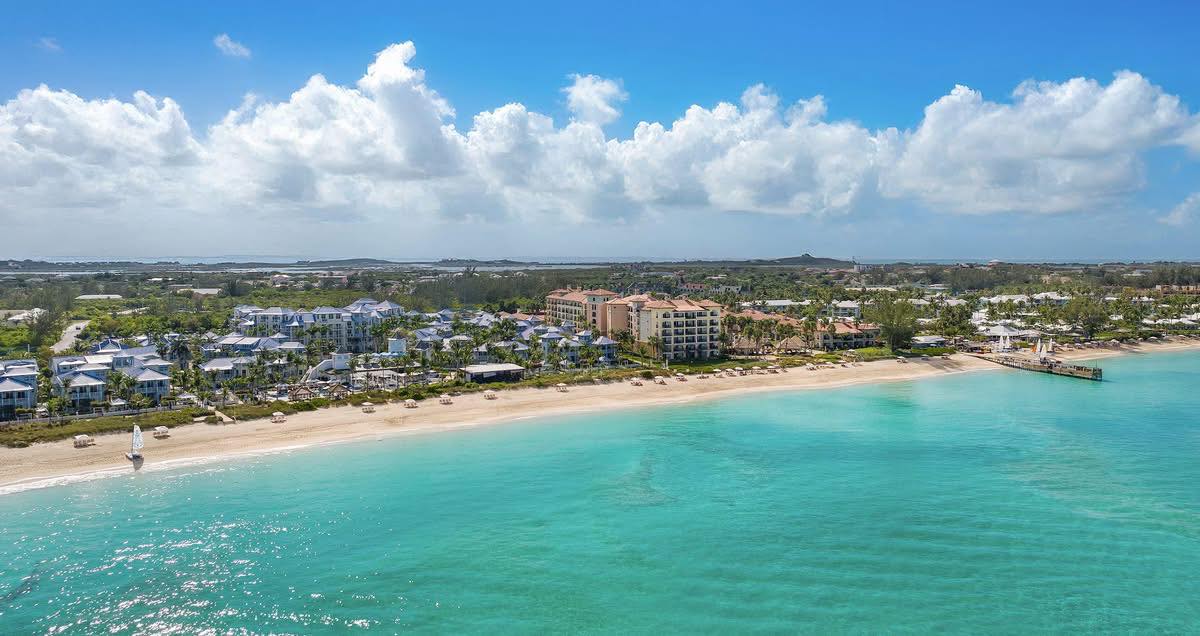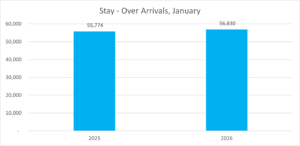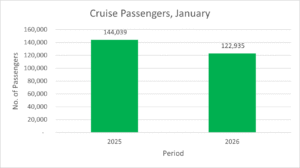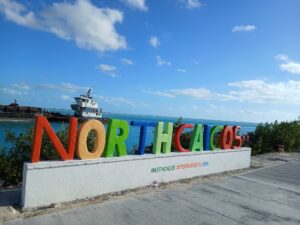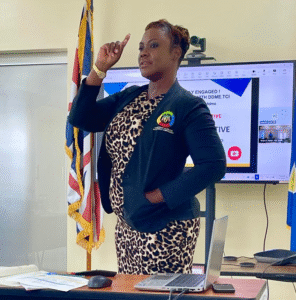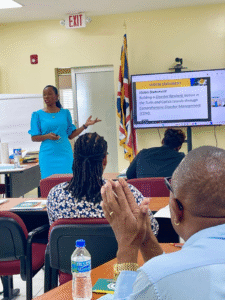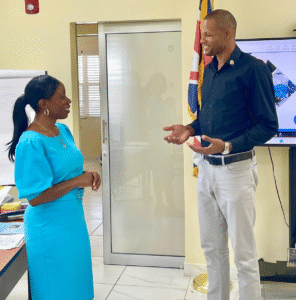Ed Forbes
Concerned Citizen
October 8, 2024 – The Turks and Caicos Islands (TCI) is at a critical juncture in our country’s history. Rapid development brings opportunities, but it also comes with deep challenges. As an islander, I can’t help but feel concerned about where we’re headed. Our country, once known for unity and shared values, now seems at risk of losing the very things that made it so special.
Growth is inevitable, but what concerns me most is the erosion of our guiding principles. Generations before us embraced diversity, welcoming people of different backgrounds—nurses, teachers, police officers, and laborers alike—into our community. They believed in the ideal that we were all responsible for each other.
We are now facing a new wave of immigration that doesn’t feel the same. It’s more than just a shift in demographics; it’s a shift in the culture and fabric of our society.
Turks and Caicos has always stood out because of its strong social fabric. Our people lived by the belief that we were each other’s keepers, ensuring the best place to live, work, and raise a family. We also had the benefit of support from Britain and the economic security of the American dollar. But today, we face a new reality—one filled with confusion, division, and violence.
The rise of social media has only deepened the divide. We now chase fleeting things—money, status, likes—while neglecting the connections that truly matter.
We’ve built walls around ourselves and lost trust in one another. In the space between us, misinformation and fear have flourished, leaving us disconnected and vulnerable to manipulation. And for the first time, violence has become a part of the TCI experience, particularly among our youth.
Real conversations and conflict resolution must become a part of the norm of how issues are resolved and not allow our emotions and pride to get the best of us.
The question is, are we teaching conflict resolution in our homes, schools, and churches?
Our youth are left with no tools to handle disagreements, and violence has become the default. We must ask ourselves, what are we doing to guide them away from this dangerous path?
If we want real change, we can’t just complain—we must act. We need to hold our governments, governor and those responsible for our national security accountable for failure to proactively address glaring issues. But it’s not just about the government. 
Every institution—legal, political, religious, and social—has played a role in this unraveling. True accountability requires us to look at the bigger picture and address the systemic issues plaguing our society.
We must also guard against the concentration of wealth and power in the hands of a select few. In addition, providing equal opportunity to disenfranchised communities is vital.
Despite the concerted efforts made by our dedicated law enforcement department to curb crime in these pocket areas, in my opinion, not enough is being done to steer individuals away from the life of crime.
When a country fails to deliver on their promise in these challenged areas, ordinary people are left behind, illegal activities festers, resentment and hate grow, which could lead to violence. We’ve seen it happen elsewhere, and we must prevent it from happening here.
This is a reflection on the serious issues facing the Turks and Caicos Islands, and it highlights how violence and crime have become normalized to the point where concern for the loss of human live is often secondary to curiosity about location.
What we fail to grasp is the interconnectedness of these islands, what affects one impacts all. This is a shared struggle requiring a collective response.
There is no single solution. The issues are multifaceted, requiring a coordinated and holistic approach. Many of the solutions have been previously raised or touched on by various concerned citizens and groups.
Just to name a few;
Is there an Active Prison Board? A robust prison system with a focus on rehabilitation could indeed mitigate the formation of dangerous subgroups, both in and out of prison. Proper policies and leadership from a dedicated prison board would ensure the system works not just to detain but to reform.
Do we have a widely recognized “Think Tank Committee” designed to solicit independent voices and ideas to help influence government and public decisions?
Maritime Patrol: Strengthening maritime patrols around key areas such as Grand Turk, Salt Cay, and Great Sand Cay would help secure the islands from illegal activities like trafficking and other crimes that take advantage of unpatrolled waters.
Crime Stoppers Program: Increasing the financial appeal and effectiveness of anonymous reporting through Crime Stoppers could build public trust. It’s crucial that more people believe in the confidentiality of the system to encourage a higher level of crime reporting.
Lighting and CCTV: Improving surveillance infrastructure, with better lighting and strategically placed CCTV, would undoubtedly enhance law enforcement’s ability to prevent and solve crimes. These technological tools are vital in deterring criminal activity, providing a sense of security for tourists and citizens alike, in addition to quickly identifying suspects.
The natural beauty of TCI, often hides these deep-rooted issues, but progress and change won’t come from ignoring the underlying challenges.
What we need is strong, decisive leadership, paired with community involvement. Having a comprehensive strategy along with a well executed plan, will disrupt and dismantle these illegal drug trade networks which appears to be fueling the fire.
To answer the question, “Yes we can”. Real change will only come when everyday people rise up, not as lone voices, but in large numbers, unafraid to speak truth to power.
This is our country’s moment of reckoning. Let’s not waste it.
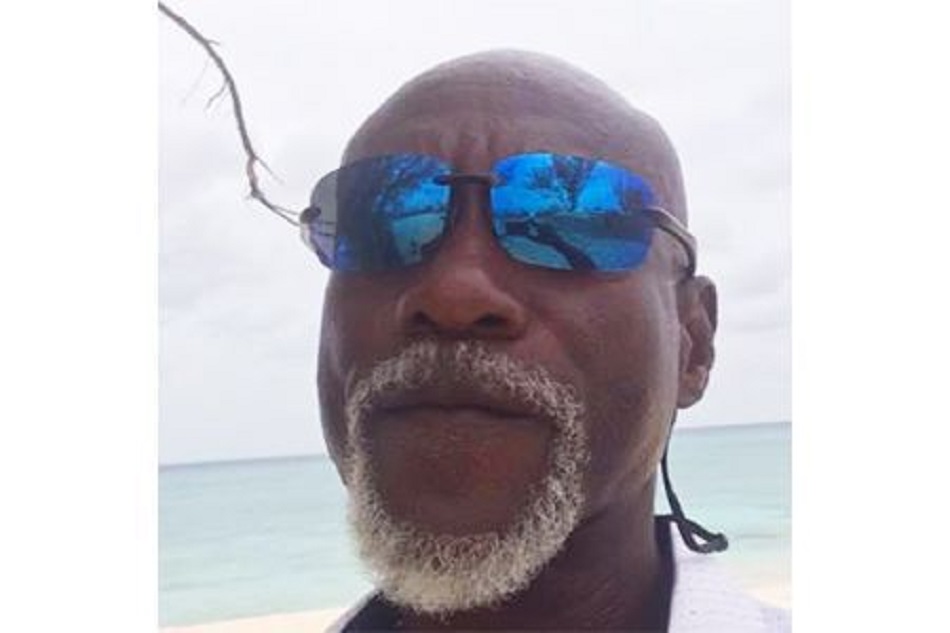


 News5 days ago
News5 days ago
 Caribbean News6 days ago
Caribbean News6 days ago
 News5 days ago
News5 days ago

